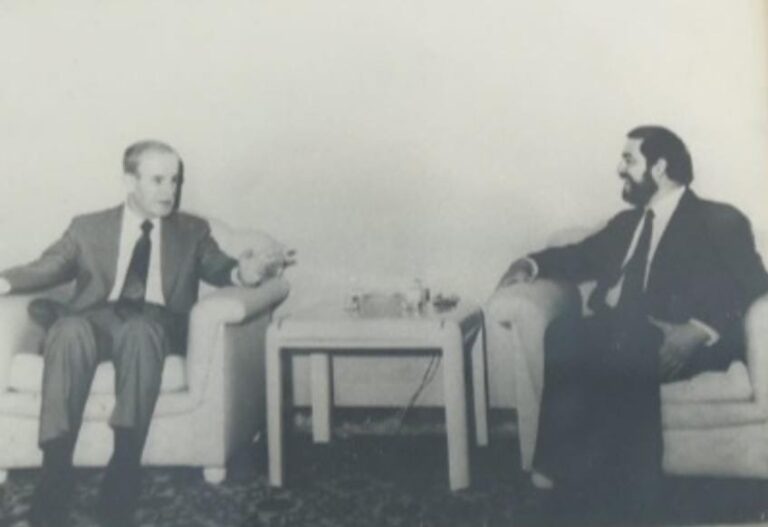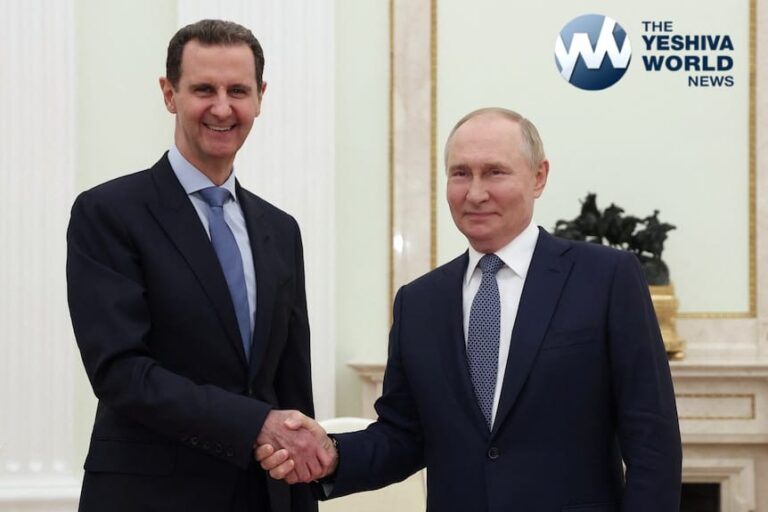 The Cabinet on Tuesday, 13 Tishrei 5774, unanimously approved the establishment of a team to evaluate reducing the use of cash. The team, to be chaired by Prime Minister’s Office Director-General Harel Locker, has been authorized to formulate an outline on a policy for reducing and restricting the use of cash as a means of payment in the Israeli economy.
The Cabinet on Tuesday, 13 Tishrei 5774, unanimously approved the establishment of a team to evaluate reducing the use of cash. The team, to be chaired by Prime Minister’s Office Director-General Harel Locker, has been authorized to formulate an outline on a policy for reducing and restricting the use of cash as a means of payment in the Israeli economy.
The team has been established at the direction of Prime Minister Binyamin Netanyahu in order to step up the war on the “black capital.” The team will include the Director of the Israel Tax Authority, the Commissioner of the Israel Police, the Chairman of the Israel Money Laundering and Terror Financing Prohibition Authority and the Bank of Israel Director of Accounting, Payments and Settlements Systems, the Deputy Attorney General and senior Finance Ministry representatives. The main goals are to maximize tax collection which will lead to an appropriate expansion of the tax base and to fight economic crime and money laundering. The team will evaluate what has been done in this area in other countries as well as the nature of the Israeli economy and will formulate its recommendations on this basis.
The use of cash is recognized in Israel and the world as a significant factor in creating an “underground economy.” An underground economy facilitates a gap between reported economic activity and genuine economic activity and constitutes a means of tax evasion, money laundering and exploitation by criminals in order to finance crime. In the world there is a clear correlation between the amount of cash and the scope of capital evasion.
Restricting the use of cash in the Israeli economy will realize many goals. The intention is to submit to the cabinet innovative solutions that will be beneficial for the public and turn Israel into a pioneer in the field. According to data presented to the cabinet by the Bank of Israel, the public is naturally moving toward using electronic means and there is a need to oversee the process in order to verify that it is being carried out properly. In the world this is known as a cashless society.
It is important to note in this context that the intention is to evaluate and create incentives to encourage the transition to using electronic debit cards that do not entail fees, i.e. cash will be translated into “cash cards” such that citizens and small businesses do not incur additional costs relative to using cash. (This is not the encouragement of carrying out transactions with credit cards.) The substitute that will be offered will be accessible to the public at large, including weaker strata, those without bank accounts (by using the postal bank) and those who receive support payments from the state.
Locker said, “In the Israeli economy, there are, according to estimates, billions of shekels that are not taxed; therefore, the public does not benefit from this money. The team will find innovative and logical solutions for correcting the situation and will submit a plan for Cabinet approval.”
(YWN – Israel Desk, Jerusalem)











One Response
The requirement that all instances of money changing hands is designed to force anyone whom the government disapproves to report all their transactions. For example, when the government prohibits transfers of money to non-zionist yeshivos, it will be easy to enforce such a rule. Given Israel’s origins as a socialist state, such pro-totalitarian measures are to be expected.
The likely result is that alternatives to government money will develop, such as using American money or forms of barter. THe attempt to crush out individuality usually fails.
The best way to boost tax collection is by having a government that the people believe in. When you pay taxes then, you are paying it to “your” government, not to those who govern you. A a neighbor who fails to pay taxes, is cheating you, not them.